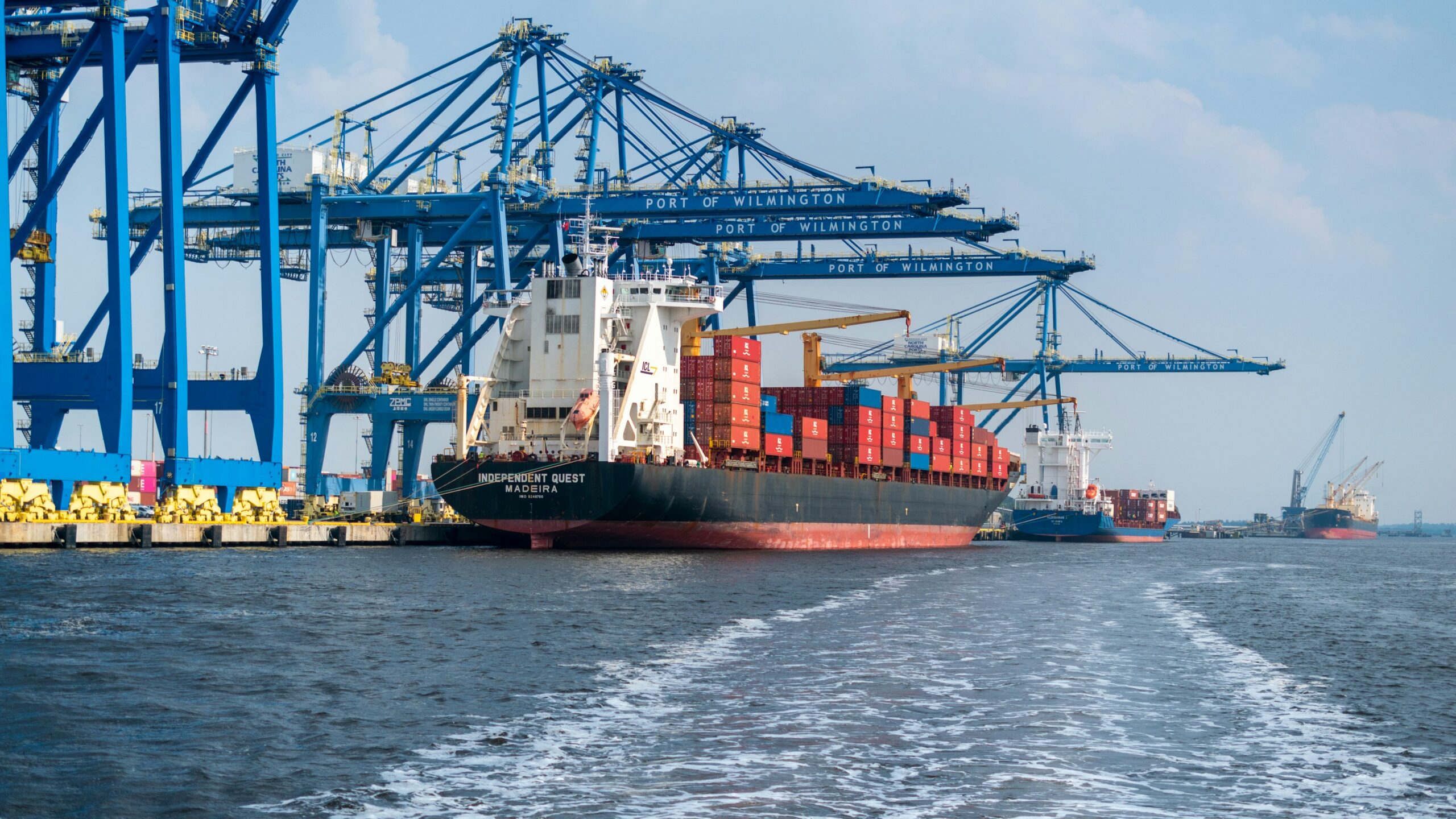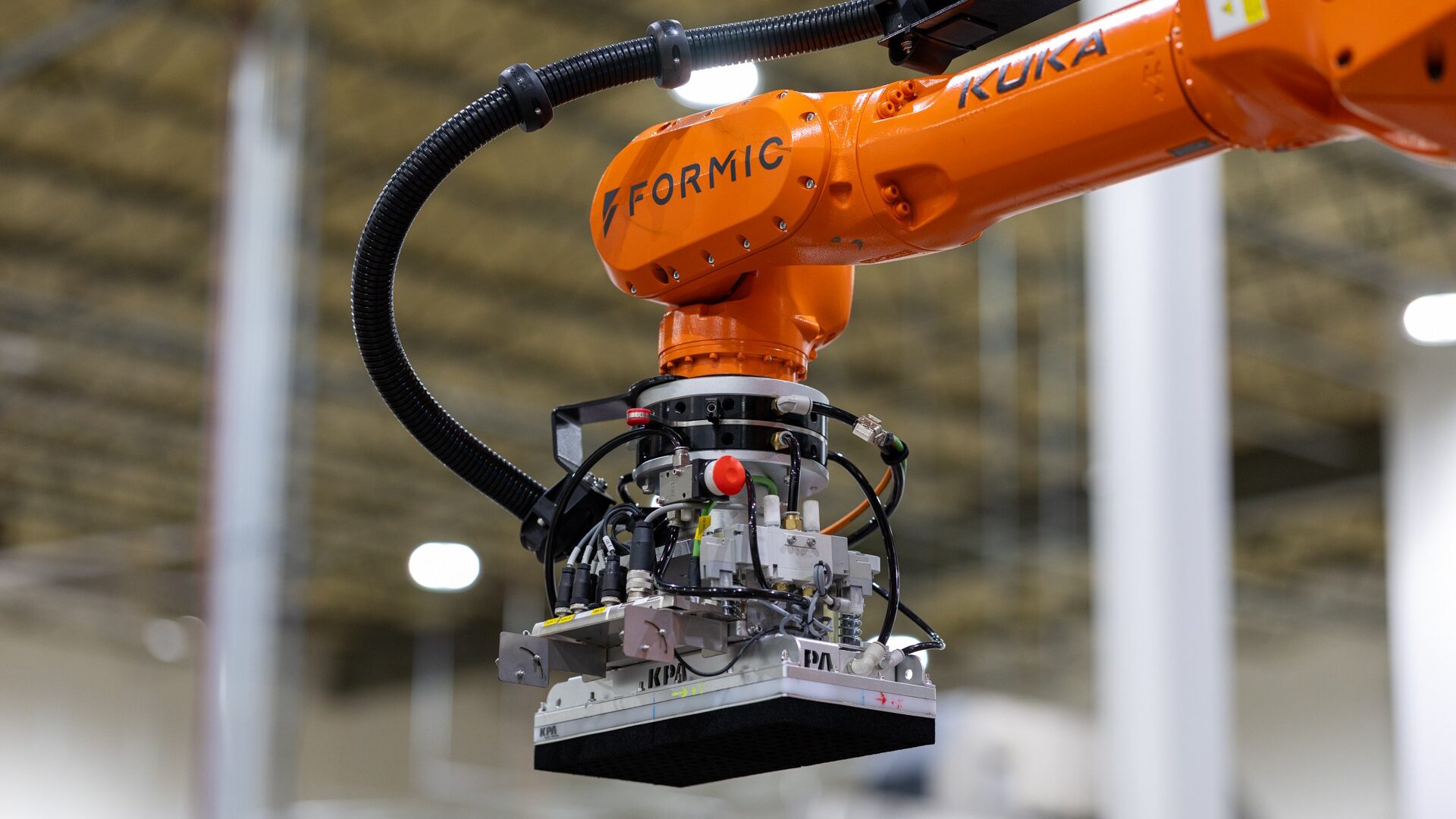A tentative deal was reached that gave East and Gulf coast dockworkers a 62% pay hike, averting what could have been a devastating strike that upended supply chains and opening the door for modernizing the ports; however, it was unclear whether this would shore up the International Longshoremen’s Association or erode its strength, experts told The Food Institute.
The agreement was reached Jan. 8 ahead of a Jan. 15 strike deadline. The proposed six-year pact between the ILA and U.S. Maritime Alliance now goes before the rank-and-file for approval.
“For quite some time the ILA was seeking commitments to halt port automation projects it was concerned could replace jobs,” Gil Shiff, chief operating officer at 40seas.com, told FI. “However, to completely curtail automation projects would have been illogical, particularly given the backdrop of labor shortages and a range of logistical inefficiencies that have intensified pressures at ports.
“Given the new compromise around automation, tactical deployments of AI-powered scheduling and robotics should be accelerated to reduce manual labor and address operational bottlenecks.”
Attorney Rachel Gonzalez said though the deal allows for some automation, “machines are not replacing human labor. In what has been publicly shared about the tentative agreement thus far, there has been a commitment by the employer members of the U.S. Maritime Association to hire additional workers.
“Essentially, new technology will become the status quo and there will still be a need for workers at the ports.”
Darin Miller, National Director of Marine at Sedgwick, noted several terminals on the West Coast are fully automated or nearly so.
“Across industries, we’ve seen debate about where to draw the line when it comes to automation taking over human tasks, and we can expect this to be an ongoing issue in the years to come,” Miller said.
Mike Klage, vice president at NTG Supply Chain Solutions, said the deal appears to “strike a balance between technological advancement and workforce stability.”
“While automation has been a concern for longshoremen, the union says this contract will allow them to implement technology that will create more jobs, while modernizing impacted ports. A big win does more for the union movement in general,” Klage said.
The ILA and USMX issued a joint statement lauding the tentative pact.
“This is a win-win agreement that creates ILA jobs, supports American consumers and businesses, and keeps the American economy the key hub of the global marketplace,” the two sides said.
ILA President Harold Daggett said President-elect Donald Trump’s support for the union was key. Daggett and his son met with Trump at Mar-a-Lago Dec. 12 for two hours after which Trump posted on Truth Social that automation at U.S. ports would cost U.S. workers too much.
“Foreign companies have made a fortune in the U.S. by giving them access to our markets. They shouldn’t be looking for every last penny knowing how many families are hurt,” Trump wrote.
The Food Institute Podcast
Is it possible to balance a legacy brand and innovative ideas for a food company? Bibie Wu, chief communications and technical development officer with Del Monte, shares how her company respects its past while looking to the future, and how her dual roles in marketing and product development inform each other and improve the company.












